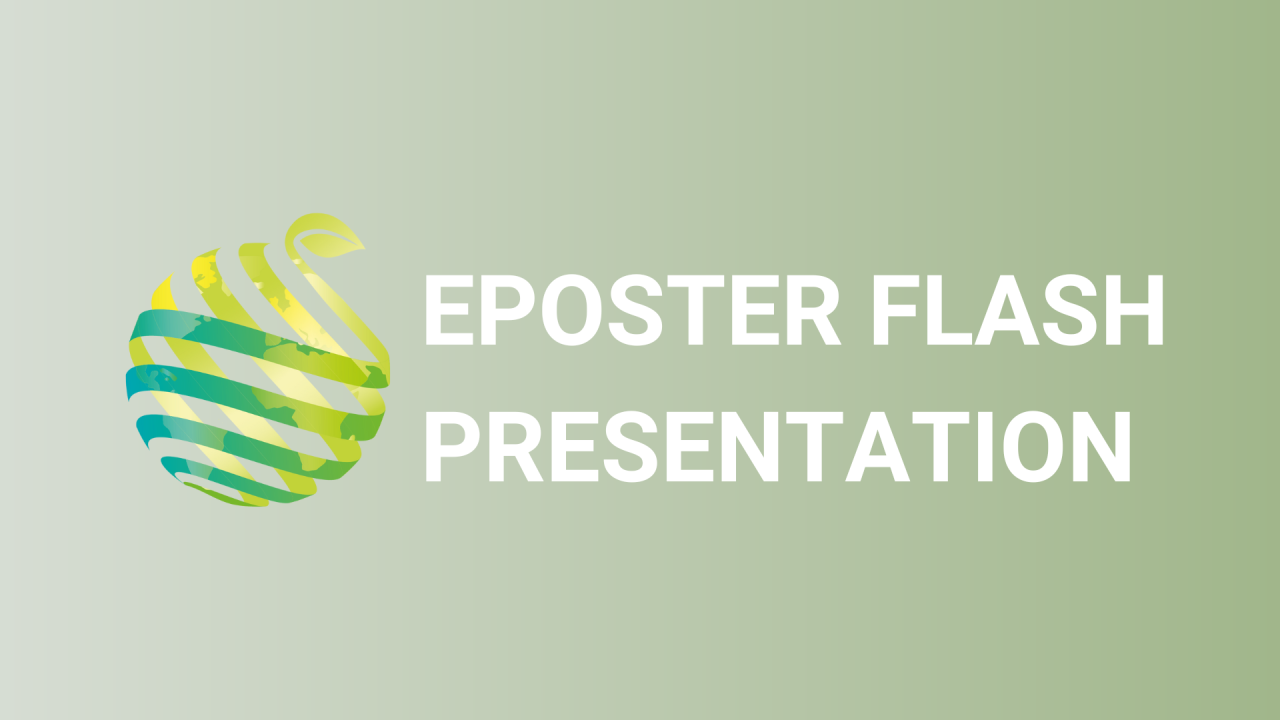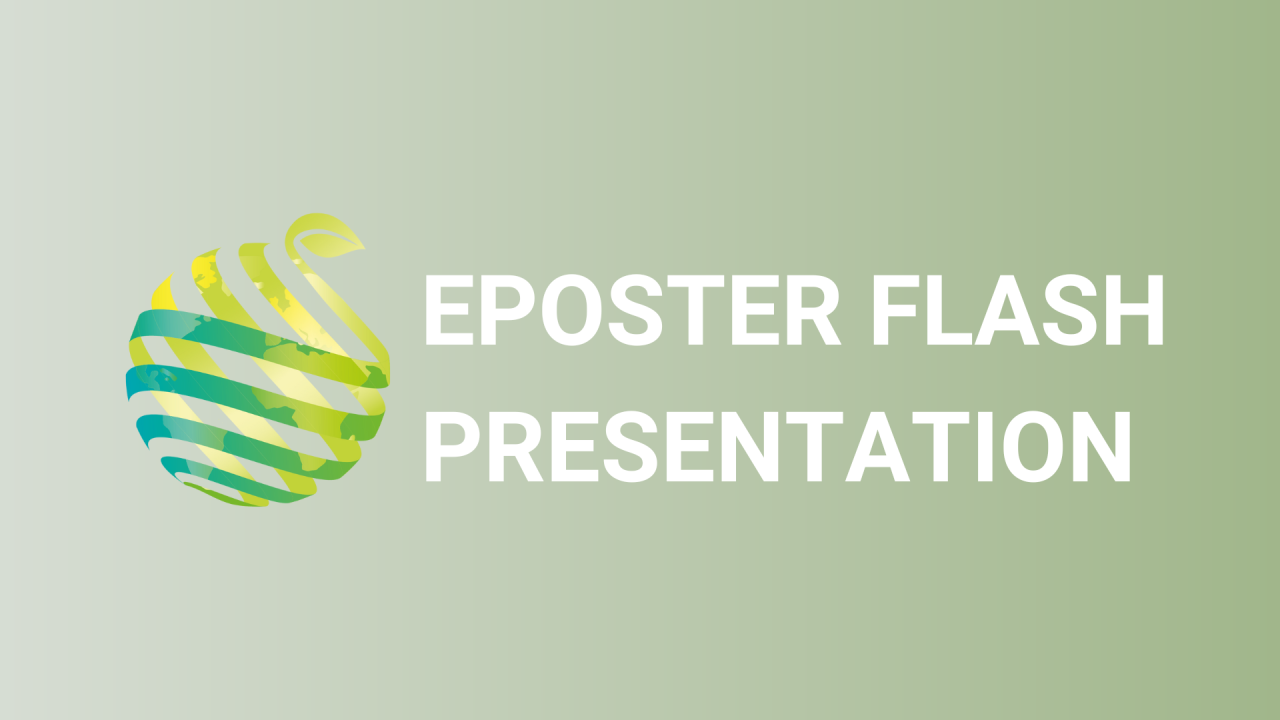

S04 - Session P6 - Improved micropropagation of Prunus spp. rootstocks using temporary immersion systems
Information
Authors: Tércia Lopes *, Mariana Correia, Ana Pedrosa, Elsa Baltazar, Jorge Canhoto, Sandra Correia
In vitro conventional micropropagation, using different types of recipients with semi-solid media, is a very effective but time-consuming approach. For large-scale propagation this increases the price of the propagules and reduces cloning rates. Temporary immersion systems (TIS), in which explants are cultivated with immersion periods in liquid medium, have emerged as a solution to improve propagation effectiveness. The contact between the explants and the culture medium occurs in short periods of time, being sufficient for an efficient nutrient and PGRs uptake. Production upscaling is particularly important for cultures with a big market demand, including fruit trees propagated for grafting purposes. Rootstocks have a very important role in scion performance including tolerance to pests and diseases and abiotic stresses. In Portugal, Prunus spp. fruit crops, including almond and peach, are mainly grafted unto GF677 and GXN15 rootstocks (both Prunus persica x Prunus dulcis hybrids) because of their drought tolerance and adaptability to poor soils and bacteria tolerance. The aim of this work was to establish GF677 and GXN15 in vitro , optimize culture conditions and define the best strategy to upscale propagation using a SETIS® bioreactors. Three MS culture media (M1:1mg/L IBA; 0.06mg/L BAP; 0.10mg/L GA3; M2:0.8mg/L BAP; 50mg/L citric acid; 10mg/L myo-inositol and M3:0.5mg/L BAP; 50mg/L citric acid) were tested to establish the rootstocks. GF677 was successfully established and after three multiplication cycles. M2 (77,55% multiplication) was chosen to evaluate multiplication on different containers: glass (56,00%) versus plastic (70,11%) to try and predict their behaviour in the SETIS bioreactor. Shoots micropropagated in plastic containers with M2 medium were used for upscaling production in the bioreactors. TIS parameters were defined (immersion time, concentration of PGRs) and tested. Preliminary results showed an increased hyperhidricity when higher BAP concentrations were tested. Proliferated shoots will be further assayed for ex vitro rooting and micrografting purposes.